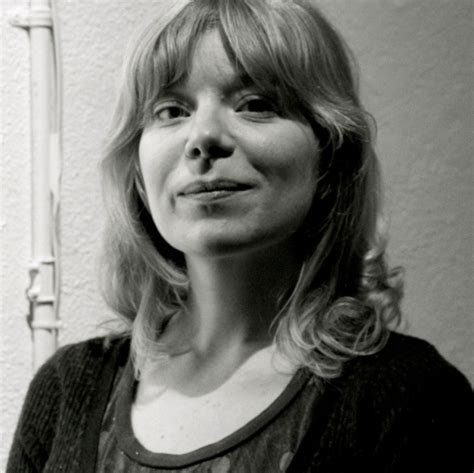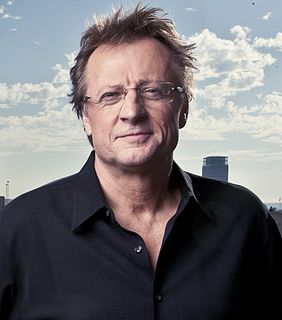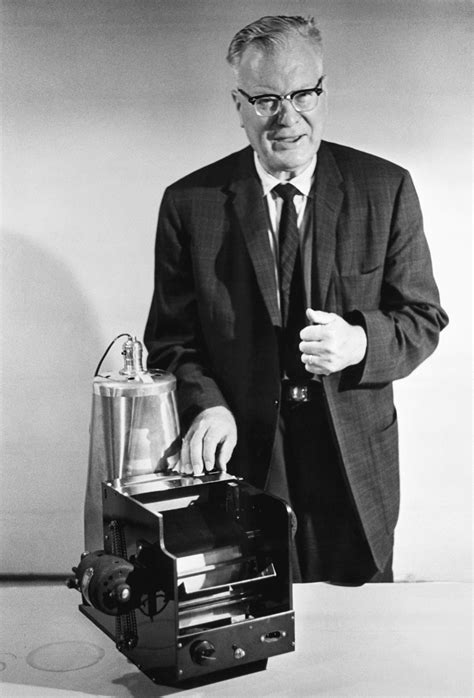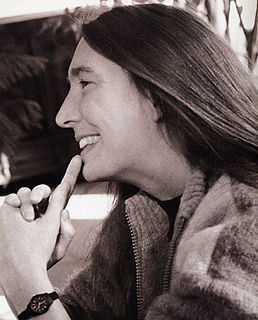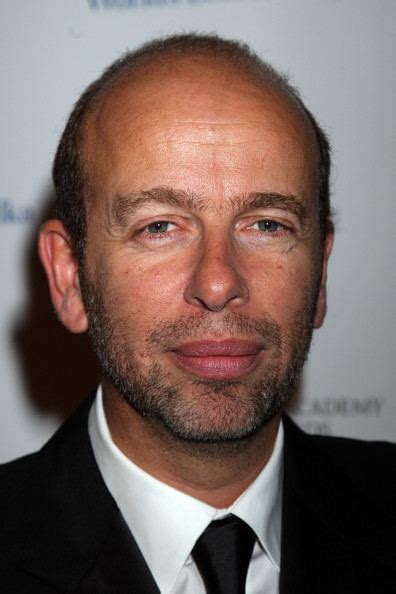A Quote by Greg McKeown
The way of the Essentialist means living by design, not by default. Instead of making choices reactively, the Essentialist deliberately distinguishes the vital few from the trivial many, eliminates the non-essentials, and then removes obstacles so the essential things have clear, smooth passage. In other words, Essentialism is a disciplined, systematic approach for determining where our highest point of contribution lies, then making execution of those things almost effortless.
Quote Topics
Almost
Approach
Choices
Clear
Contribution
Default
Deliberately
Design
Disciplined
Distinguishes
Effortless
Essential
Essentials
Execution
Few
Highest
In Other Words
Instead
Lies
Living
Making
Making Choices
Many
Means
Obstacles
Other
Our
Passage
Point
Smooth
Systematic
Then
Things
Those
Trivial
Vital
Way
Words
Related Quotes
When you’re living by default, you’re automatically reacting to life in habitual ways, many of which may be limiting you and your life. In contrast, living deliberately means making more conscious and constructive life choices. When you’re living deliberately, you’re living from a position of responsibility; you’re making choices with greater awareness. You’re taken yourself off autopilot, so you’re better prepared to align your actions with the results you want to achieve.
Essentialism is not about how to get more things done, it's about how to the get the right things done. It doesn't mean just doing less for the sake of less either. It is about making the wisest possible investment of your time and energy in order to operate at our highest point of contribution by doing only what is essential.
People who achieve great things are people who make choices. Far too many people today let life dictate their future instead of the other way around. Choices are hard - that's why so few actually make them. But as the saying goes - not to make a choice is to make a choice. When it comes to choices, The question is - what choices will you make today? The world doesn't care about your problems, or what's holding you back. They don't care about your past failures, or any other obstacles you face. Stop making excuses and start making choices.
Work outside of school hours was a necessity at an early age, and with such time as I had I turned toward interests of my own devising, making things, experimenting, and planning for the future. I had read of Thomas Alva Edison and other successful inventors, and the idea of making an invention appealed to me as one of the few available means to accomplish a change in one's economic status, while at the same time bringing to focus my interest in technical things and making it possible to make a contribution to society as well.
All things are created twice, but not all first creations are by conscious design. In our personal lives, if we do not develop our own self-awareness and become responsible for first creations, we empower other people and circumstances outside our Circle of Influence to shape much of our lives by default. We reactively live the scripts handed to us by family, associates, other people's agendas, the pressures of circumstance - scripts from our earlier years, from our training, our conditioning.
To design things means to interfere with things: to think of how they might be and to alter how they are. Design is to making as writing is to speech: it is an ordinary physical activity pushed to a conscious edge. That interference with the given world can still be founded on admiration. Where it is not, what is the point of designing at all?
Then something fails and they're all out again, but DVD revenue is disappearing, you know, it's not disappearing but it's going off a cliff and what that's done is it's polarized the industry in a way that I've never seen before where studios are making less, they're bifurcating their choices where they're either going very, very big or they're just picking up a few rights on an acquisition basis or making really small things.
There are two aspects to making movies: One is the feeling of wanting to push myself into stuff that I don't know how to do. Then there's the other impulse to try and earn a living. I want to be careful about not confusing those too much - not that those things can't have a healthy overlap. Plenty of people start out making work that isn't terribly commercial, and then make work that's more commercial but still good. You just want to watch out for that thing where you tell yourself that you're doing your best work when you're not.
Are there so many fascinating, exciting things to do or so many challenges pressing down upon you that it is hard to keep focused on that which is essential? When things of the world crowd in, all too often the wrong things take highest priority. Then it is easy to forget the fundamental purpose of life. Satan has a powerful tool to use against good people. It is distraction. He would have good people fill life with 'good things' so there is no room for the essential ones. Have you unconsciously been caught in that trap?
In the things that really matter--our covenants, the commandments, and following the prophet--we need to be completely united. In the non-essentials, we have our agency to handle things as we see fit. But, in all things, regardless of whether we make the same choices or not, we are to treat each other with dignity and respect, both of which are evidences of charity in our hearts and lives.

